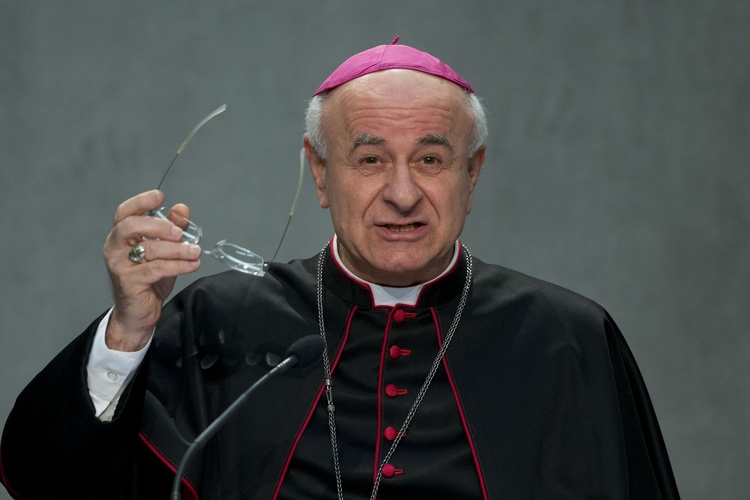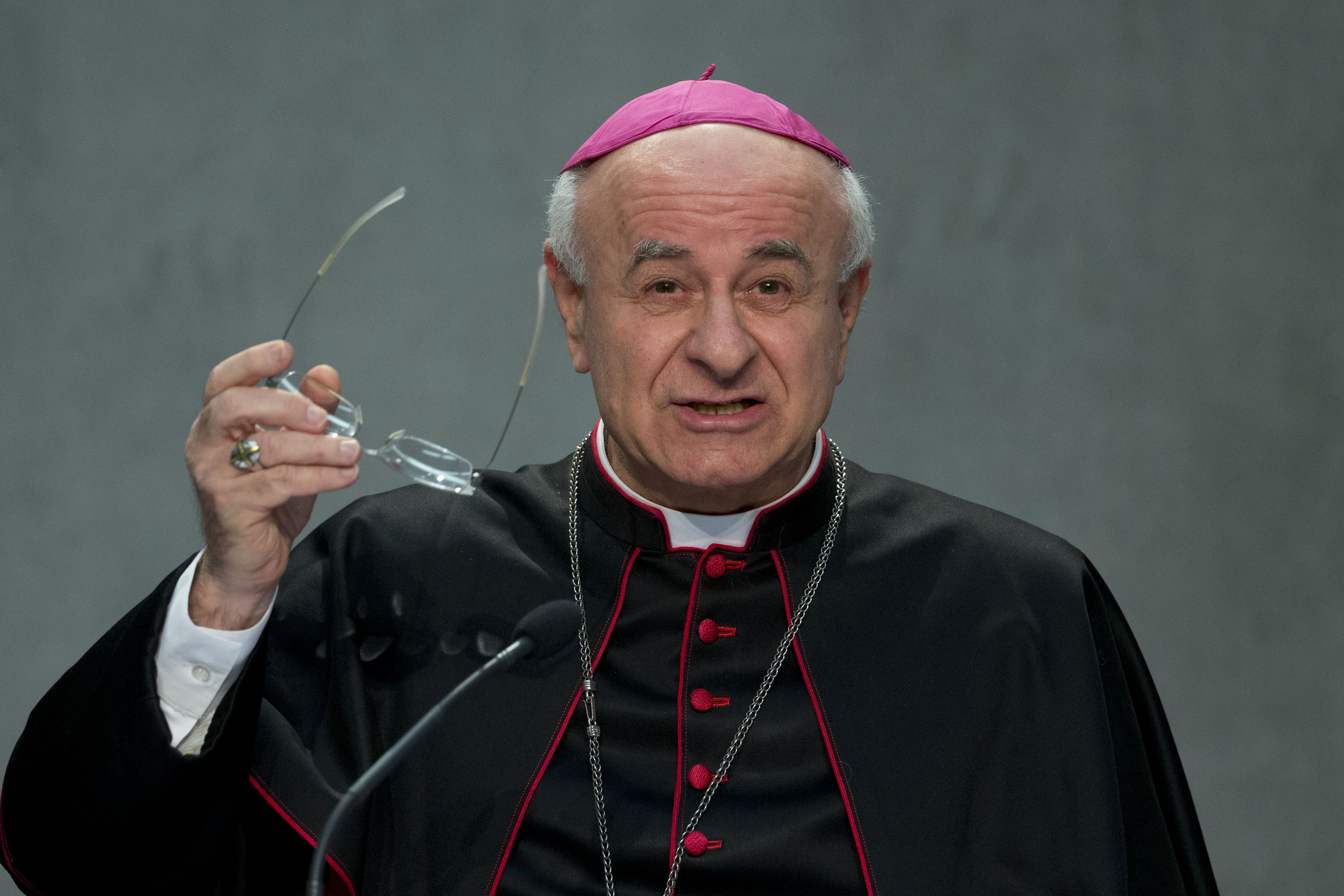In a new booklet called Small lexicon on end of life, the Pontifical Academy for Life reiterated its opposition to euthanasia, its support for palliative care as well as indicating there is “space to search for a mediation in legislation”.
Freedom always “implies the need to be responsible for life: inextricably, in myself and in the other”, wrote the president of the Pontifical Academy for Life, Mons. Vincenzo Paglia, in the booklet’s introduction.
“A perspective which certainly does not coincide with an individualistic concept which tends to reduce it to the loneliness of absolute self-determination, and which gives in to the willpower of self-love, without concern for the vulnerability to which it exposes the affection of others.
“We are all radically connected to one another,” he wrote.
“We don’t decide for ourselves in a void of connections,” continued Paglia, “this is the way we humans live - until the end.
“In confronting the themes evoked by single words, this lexicon takes into account the pluralistic and democratic context of societies in which the debate takes place, especially when we enter the juridical field.
“The different moral languages are far from incommunicable and untranslatable, as some claim.
“The effort that everyone makes to understand the reasons of the other and to accept dialogue with those who think differently favours debate and at least a partial sharing of the valid reasons in favour of one choice or another,” he noted.
“An open and respectful discussion leads to a public dialogue that is also able to positively influence political decisions, showing how mediations between different positions are not necessarily destined to take on the lousy aspect of a watered-down compromise or of a negotiation for an exchange of political favours,” he added.
Overall, the document reiterates a stark rejection of euthanasia, as well as therapeutic obstinacy, the relaunch of palliative care and “early dispositions of treatment”.
It also makes the case for the so-called biological will and the need to find, in democratic and pluralistic societies, “a point of acceptable mediation between different positions” on assisted suicide.
ANSA











